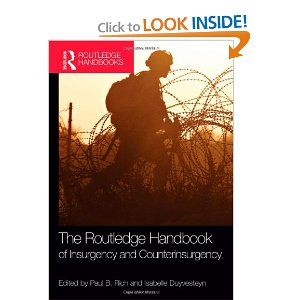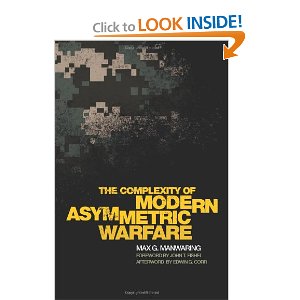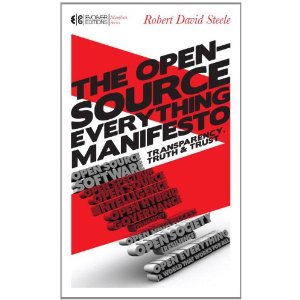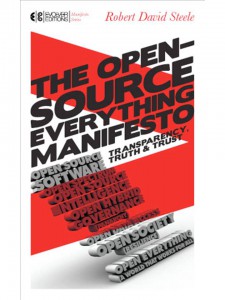
Jeremy Keenan
Phi Beta Iota: See Berto Jongman: Algeria Fronting for US in Fabricating Al Qaeda Threat and Legitimizing US Military Occupation of Sahara? for a short-hand version of the book. On balance and sight unseen we give the book four stars for provocation, while respecting the guest review below as being meritorious in its own right.
2.0 out of 5 stars Could be so much better, good premise, but unfortunately not based on too much fact, November 12, 2011
I like the premise of this book, that is basically why I bought it and read it. Unfortunately, Dr. Keenan has not based his book on much fact, but more conspiracy, and a belief that the United States is smart enough to enter into a grand conspirarcy with Algeria to dupe the region. I would have liked more of a cultural analysis about the threat of the United States military entering into the Sahara and Sahel.
The argument seems to me that the United States created the U.S. Africa Command (AFRICOM) and has focused much more military attention on Africa and African terrorist threats. The U.S., especially the military, can be very naive and see national interest in a fight against terrorists such as AQIM in the Sahel, Boko Haram in Nigeria, or al Shabaab in Somalia. If you look closer, these “terrorist” groups are very small, have little traction among the local population, and are hoping that the U.S., French, UK, give them some military attention so that they can become stronger (make this a war against the U.S.). A direct attack on these groups by the U.S., can only cause more conflict. There is very little the U.S. can do against these groups as terrorists. Africans and the international community likely needs to see these groups as criminal networks, insurgencies, and on the brink of losing legitimacy. It would seem to me that the U.S. and international community has to invest in police training, rule-of-law and court system reform, building new jails and training staff to properly treat inmates. The response to a supposed “terrorist” threat is what AFRICOM senior leaders know will be funded by Congress . . . you cannot justify programs by building capacity and working on rule-of-law.
Continue reading “Review (Guest): The Dark Sahara: America's War on Terror in Africa”






